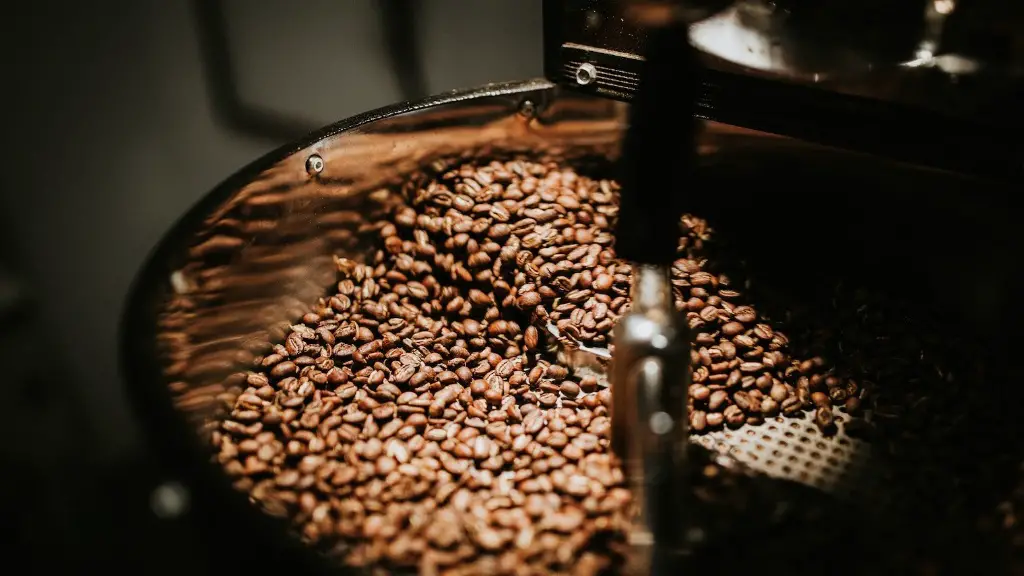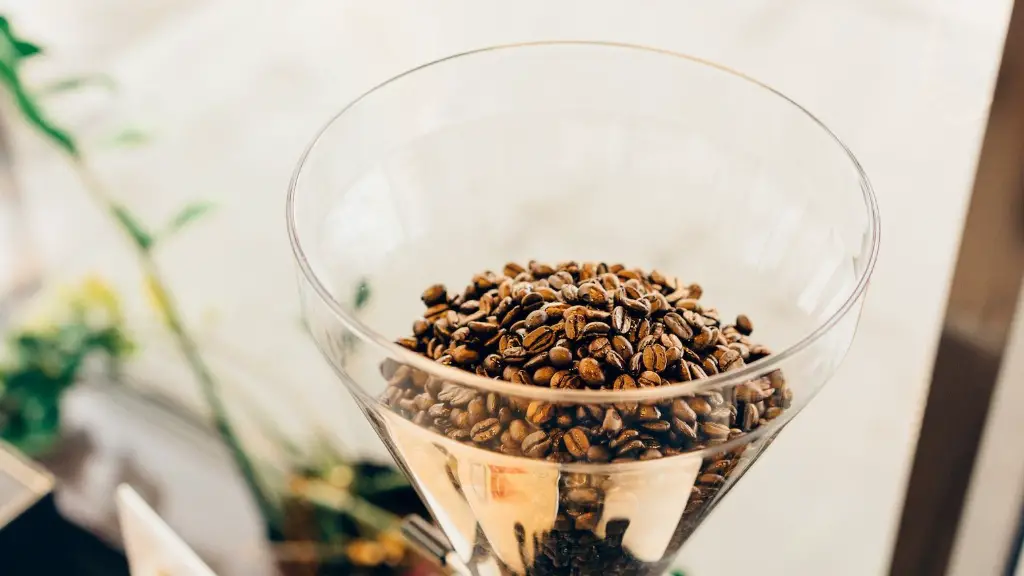Why Drink Black Coffee Before Exercise: How Caffeine Enhances Performance
For most athletes, working out means more than just getting their bodies into shape and supporting their goals. Enhancing their performance through mentally and physically stimulating activities is part of the process. One of the strongest stimulants athletes have access to is caffeine, most commonly found in black coffee.
Recent marketing campaigns from major companies prove that caffeine is increasingly being relied upon by many athletes for a performance boost. Studies and reviews have shown support for the idea that caffeine can enhance performance and combat fatigue in athletes. Not only does caffeine sharpen concentration and alertness, it can also reduce pain perception.
If a person is looking to experiment with the performance benefits of caffeine, drinking black coffee is a great way to do so. First and foremost, the caffeine content found in black coffee is up to two times more than a cup of tea or energy drink. Sports Scientists suggest drinking strong black coffee before exercise is a good way to kickstart the body during heavy workouts.
The effects of caffeine on athletes range from small to large, depending on individual tolerance. The stimulant is known to increase aerobic power and endurance by enabling the body to utilise more fat reserves as fuel. Caffeine also increases alertness, reaction time and perhaps most importantly, perceived effort.
It is however important to remember that caffeine is a drug and needs to be handled with caution. Many people can find caffeine addicting and excessive consumption can have a negative effect on health. Athletes must also be aware of the International Olympic Committee rule regarding caffeine. The body does not store caffeine but rather processes it quickly, so it could be possible for athletes to test positive for doping.
How to Consume Black Coffee Before Exercise
To reap the most benefits from caffeine, drinking black coffee before exercise is the best way to go. For athletes, the ideal quantity is about 3-4mg of caffeine for every kilogram of body weight per hour before exercise. For instance, someone who weighs 70kg should consume between 210-280mg of caffeine prior to exercise. This is equivalent to two to three espressos or regularly brewed cups of coffee.
For athletes who are especially sensitive to caffeine, it is important to reduce the amount they are drinking. For example, they may only want to consume half of the recommended dosage to minimise jitteriness and irritability.
It is also important to note that caffeine is not a miracle worker. To gain the full benefits of caffeine, it is important for athletes to keep realistic expectations. Caffeine does not increase lean muscle but it does give athletes that extra push to stick to a workout program and enhance their performance.
Caffeine Alternatives for Performance
In addition to coffee, athletes are beginning to experiment with other beverages as an alternative performance enhancer. Products like Yerba Mate and green tea contain lower levels of caffeine and can be drunk up to an hour prior to exercise. People who want a caffeine-free alternative can drink herbal or fruit teas or sparking water.
Using food as a potential performance aid is gaining traction in the health and fitness industry. Foods such as dark chocolate, maca root, certain nuts and seeds, can boost energy levels and concentration in the same way caffeine would. As a result, athletes should consider adding these pieces of food to their diet after consulting a nutritionist.
How to Sustain Performance During Exercising
Enhancing performance during exercise is not only about drinking coffee beforehand, but also about maintaining energy throughout the activity. Eating a balanced meal along with drinking plenty of water can help stabilise energy levels to keep athletes going during tough workouts.
Eating healthy snacks such as protein bars, fresh fruit, smoothies and unsalted nuts, can provide carbohydrates and long-lasting energy. Saving these snacks for quick pain-relieving jolts of energy is a great way to get through challenging workouts. Vitamin or electrolyte supplements can also be taken to support performance and just like caffeine, should be consumed in moderation.
Adequate Rest and Recovery Needed
Whilst caffeine can help enhance performance, it ultimately cannot replace your recovery time. To build strength and muscle, athletes need adequate rest and recovery. This includes proper nutrition, hydration, sleep and rest days in between workouts. Taking time away from the gym can help reduce stress and give the body time to regenerate.
Replacing necessary recovery time with stimulants can cause adrenal fatigue and put athletes at risk of injury. Stimulants like caffeine also take away from the mental benefits of exercise and can interfere with a person’s body clock and natural sleep cycle.
Conclusion
In conclusion, drinking black coffee before exercise can bring numerous performance benefits. From increased alertness to pain reduction, caffeine can be a great tool for athletes looking to enhance their physical performance. For athletes who may be sensitive or who wish to avoid caffeine altogether, there are a range of alternatives that can be used as an alternative performance enhancer. Additionally, resting and proper nutrition is also of equal importance in order to maximise athletic potential.



